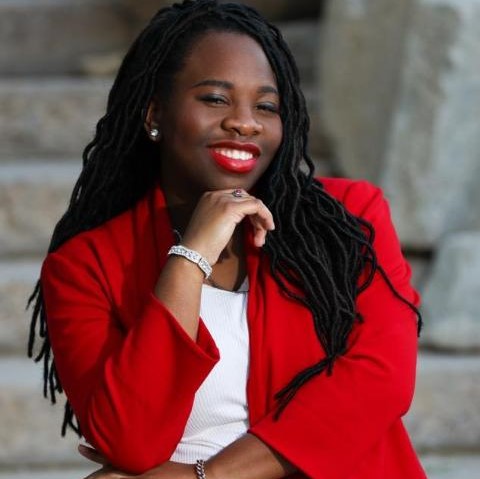
It has become a common practice for event organizers to employ jazz musicians and focus exclusively on jazz music for occasions that commemorate Black History or celebrate Black culture. Those occasions include events like Black History Month, Juneteenth, and Black Music Appreciation Month.
While jazz music is a significant part of Black history and culture as it pertains to music, to relegate the acknowledgment and appreciation of said history and culture through only jazz music only places it in a box.
To understand the foundation of Black music, you must first understand the foundation of Black culture, which was during slavery. Back then, enslavers would repress and restrict enslaved Africans from their culture as a form of control.
The resistance of enslaved people from this control led to the retention of African culture and the birthplace of practices and customs of a new African American culture. One of the main points of this newly developing culture was music, specifically spirituals.
Spirituals are songs that at the time, were often sang during religious and communal gatherings. People passed down spirituals orally, and although some spirituals were songs of worship, pleading, and storytelling, others served as coded messages of resistance and escape.
Many defining aspects of spirituals, such as polyrhythms, “the shout,” and “call-and-response,” evolved into Black gospel music.
During the 1930s, Black gospel music started to reach larger audiences across the U.S., At the same time, jazz music was beginning to take off to new levels, quickly evolving and expanding in different subgenres and styles every decade.
We also start to see the emergence of genres such as blues, which evolved into rhythm and blues, and then eventually rock and roll music. As history progresses, so does music, with genres such as soul and funk.
When the Civil Rights Act of 1964 passed, Black musicians began crossing over into other genres, making names for themselves in pop, psychedelic rock, and even classical music; this brings us to the modern day and the point of this article.
Black music and musicians have evolved and expanded much farther than the roots of jazz in the 1930s. Not acknowledging that when talking about Black music is to place us in a stereotypical box of jazz music being all we’re known and good for.
Of course, we cannot ignore the place jazz, and Black jazz musicians have in our history, as its foundation was rooted in the resistance against Western European norms. Many Black jazz musicians had to fight for their rightful place on the stage and airwaves, from segregated bars to major stages like Carnegie Hall. However, we must look at history and see the other genres of music that became the resounding anthems of not just Black culture but Black resistance from the Civil Rights era up to the modern day.
I remember one specific occasion when organizers approached me to perform at a Black History Month event. However, because the event’s theme was centered around jazz, I was restricted to performing only jazz music.
There was such irony in having a Black History Month event where jazz music was the only thing allowed on the program because the theme for Black History Month was Black Resistance. Jazz music is not the only defining music genre of Black history, culture, or resistance.
And to be completely transparent, jazz music in the modern day has taken a backseat in terms of the music highlighting civil rights and injustice towards Black people.
To have music events to “acknowledge and appreciate” Black music, history, and culture, but the only music highlighted is jazz, is a slap in the face in various ways. It shows a lack of care to think beyond the scope of jazz music when thinking about Black music and musicians.
It also gives off the message to Black musicians who are not involved in the jazz scene that we are forgotten and not thought about. We are more than just jazz musicians.
We’re even more than just R&B, gospel, and soul musicians.
We are classical performers.
We are musical theatre performers.
We are country singers.
We are indie artists.
We are Rockstars.
There are Black musicians in every genre of music, and it is important to acknowledge that. So, for Black Music Appreciation Month, appreciate the Black artists in pop, punk, country, metal, musical theatre, etc.
And if you want to celebrate and acknowledge Black music and musicians by hosting an event, I encourage you to seek out Black performers from across ALL genres of music, not just jazz.
Read the White House Proclamation for Black Music Month
https://www.whitehouse.gov/briefing-room/presidential-actions/2023/05/31/a-proclamation-on-black-music-month-2023/

